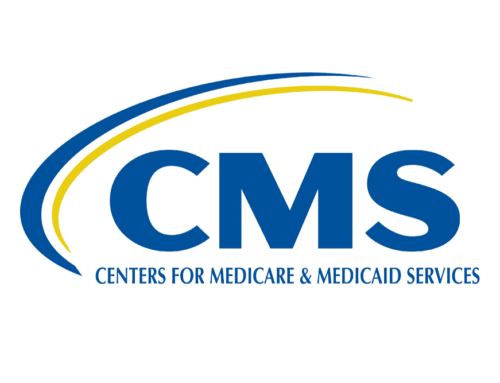White House Report Urges Broader Coverage for Chronic Diseases in
HSA-Qualified High-Deductible Health Plans
On December 3rd, 2018, the White House released its 119-page report, Reforming America’s Healthcare System Through Choice and Competition. In this report, HHS, in collaboration with the Department of Treasury, Labor, the FTC, and the White House, sets forth many formal recommendations aimed toward developing a better health care system. The report highlights the need for HSA reform and, more specifically, advocates for the expansion of the scope of preventive care and chronic condition services covered before the minimum deductible is met. An excerpt from pages 82 and 83 is included below:
“As noted above, an additional constraint on the availability and use of HSAs is the requirement that HSA-qualified plans can only provide certain preventive care benefits before the minimum deductible is met. Reconsideration of the scope of care that qualifies as preventive could make HSA-qualified plans more attractive and thus enhance access to HSAs. Short of creating a new statutory standard for HSA-qualified plans, the existing regulatory definition of preventive care could reasonably be interpreted more expansively for purposes of the HSA and related HSA-qualified plan rules. A broader interpretation could improve cost-effectiveness and give consumers greater options for financing their healthcare. One reasonable approach would be to consider treatments preventive if they are highly cost-effective and treat a chronic condition that would, in a relatively high share of cases, become more severe or develop into a new condition that is considerably more expensive to treat, if the original condition were left untreated.”
This recommendation coincides with ongoing efforts to expand the IRS “safe harbor” to permit coverage of additional evidence-based services prior to meeting the plan’s deductible. Such enhanced coverage would better align consumer engagement with provider payment reform initiatives. Adoption of this voluntary, clinically-nuanced HDHP or ‘High-Value Health Plan’ has the potential to mitigate cost-related non-adherence, enhance patient-centered outcomes, allow for premiums lower than most PPOs and HMOs, and substantially reduce aggregate health care expenditures.
A. Mark Fendrick, MD, developer of the V-BID concept and Director of the University of Michigan V-BID Center, is available for questions or comments.
To learn more about how V-BID can increase the attractiveness and clinical effectiveness of HSA-HDHPs, view the resources below:
HDHP+ Research 1-Pager HDHP+ Research White Paper HDHP+ Infographic HDHP+ Whiteboard Video





